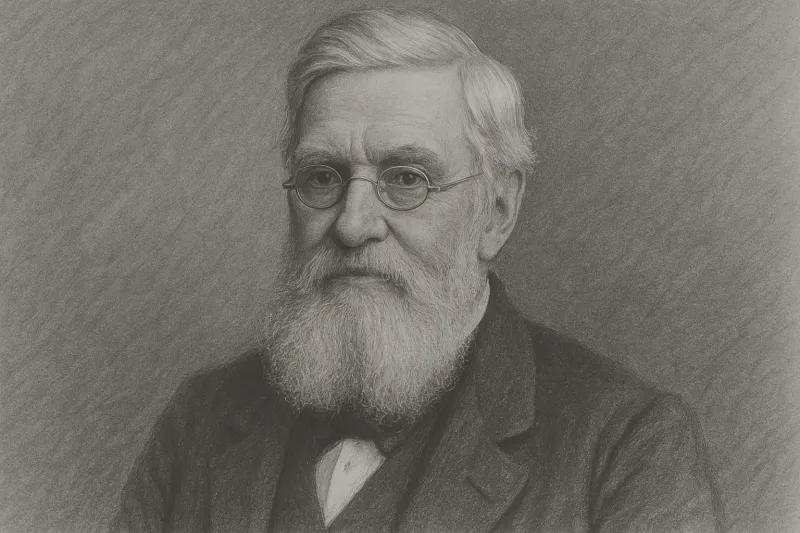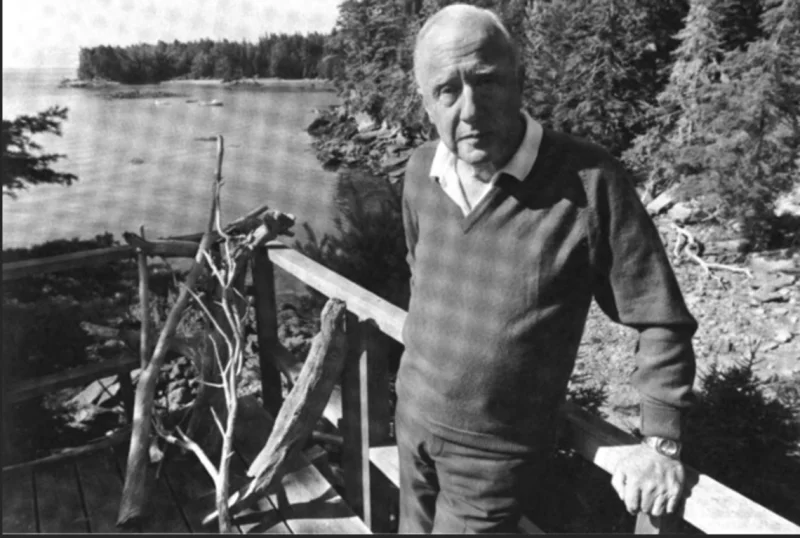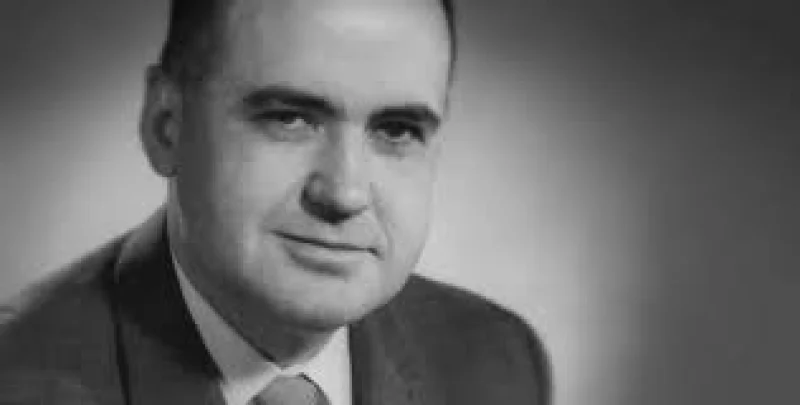Short Summary
B. F. Skinner was an influential American psychologist best known for his work in behaviorism and the development of the theory of operant conditioning. He played a pivotal role in shaping the field of psychology with his research on reinforcement and behavior modification. Skinner's innovative experiments and theoretical contributions have left a lasting impact on both psychology and education, making him a prominent figure in the study of human behavior.
Early Life & Education
Burrhus Frederic Skinner was born on March 20, 1904, in Susquehanna, Pennsylvania. He grew up in a warm and supportive family environment, which fostered his interest in science and invention from a young age. Skinner attended Hamilton College in New York, where he initially pursued a degree in English, but he soon became fascinated by the field of psychology. He went on to study at Harvard University, earning his Ph.D. in 1931. During his time at Harvard, Skinner was heavily influenced by the works of John B. Watson and Ivan Pavlov, which led him to delve deeper into behaviorist theories.
Career Highlights
After completing his education, Skinner began his career as a research psychologist at the University of Minnesota. His groundbreaking work on operant conditioning solidified his reputation as a leading figure in behaviorism. In 1948, he joined the faculty at Harvard University, where he continued to conduct influential research and mentor future psychologists. Skinner's publication of "The Behavior of Organisms" in 1938 laid the foundation for his theory of operant conditioning, while his later work, "Walden Two," explored the application of behavioral principles in society. Skinner's contributions extended beyond academia, influencing educational practices and therapeutic methods.
Major Achievements
- Theory of Operant Conditioning: Developed the concept of operant conditioning, revolutionizing the understanding of behavior modification.
- Skinner Box: Invented the Skinner Box, a device used to study the behavior of animals and the effects of reinforcement.
- Walden Two: Authored "Walden Two," a novel that explored the application of behavioral principles in a utopian society.
- Published Works: Authored numerous influential books and articles, contributing significantly to the field of psychology.
- Presidential Medal of Freedom: Awarded the Presidential Medal of Freedom in 1990 for his contributions to psychology.
Famous Quotes
- "The real problem is not whether machines think but whether men do."
- "Education is what survives when what has been learned has been forgotten."
- "A failure is not always a mistake, it may simply be the best one can do under the circumstances. The real mistake is to stop trying."
Interesting Facts
- Skinner invented the "Air Crib," a climate-controlled crib to assist with infant care.
- He was a prolific writer, publishing more than 20 books and 180 articles throughout his career.
- Skinner's work greatly influenced the development of applied behavior analysis (ABA) therapy.
- He was an advocate for using positive reinforcement as a teaching tool in education.
- Skinner's daughter, Deborah, was an inspiration for the creation of the "Air Crib."
Legacy / Influence
Skinner's legacy endures through his profound impact on the field of psychology, particularly in behaviorism and education. His theory of operant conditioning remains a cornerstone of behavioral psychology, influencing therapeutic practices and educational methods. Skinner's emphasis on positive reinforcement and behavior modification continues to shape approaches in classrooms and therapy settings worldwide, reflecting his enduring influence on both academic research and practical applications.
FAQ
Q: Why is B. F. Skinner famous?
A: B. F. Skinner is famous for his development of operant conditioning and his significant contributions to behaviorism in psychology.
Q: What did B. F. Skinner invent?
A: He invented the Skinner Box, a device used for studying animal behavior and the effects of reinforcement.
Q: What is operant conditioning?
A: Operant conditioning is a theory developed by Skinner that explains how behavior can be modified through reinforcement and punishment.
Q: What is "Walden Two"?
A: "Walden Two" is a novel by Skinner that explores the application of behavioral principles in a utopian society.













